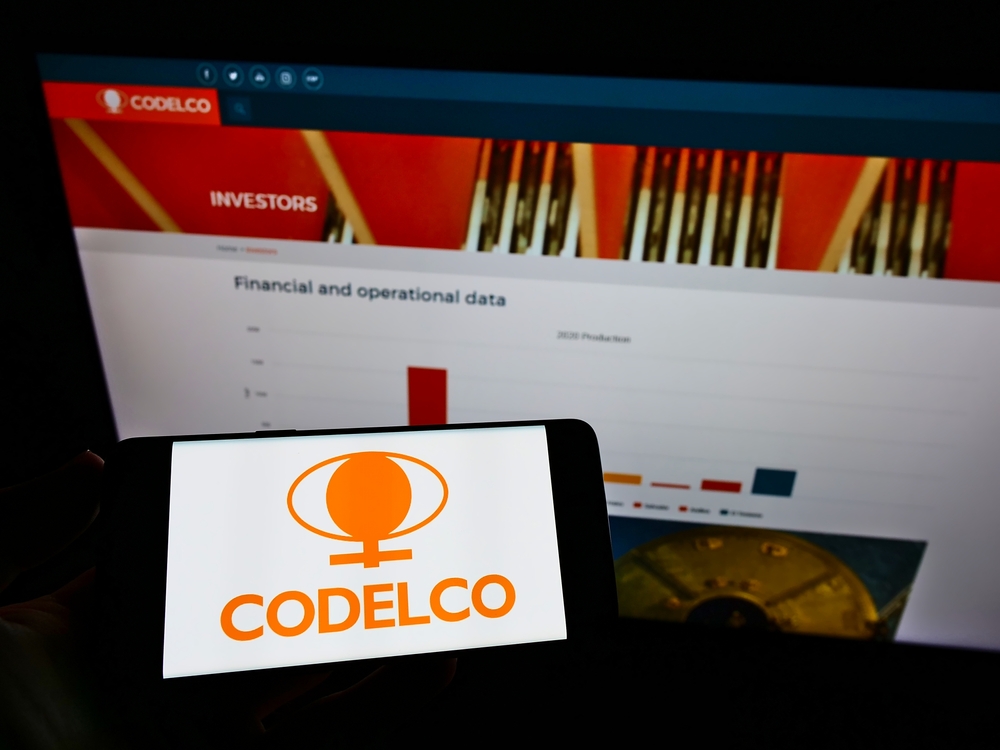
Chile’s state-owned copper producer, Codelco, reported an increase in copper production during the first quarter of 2025, slightly exceeding output from the same period last year. This growth comes despite challenges such as a nationwide power outage in February that temporarily disrupted operations. The company remains on track to meet its annual production target of 1.37–1.4 million metric tons (mt), marking a second consecutive year of recovery after hitting a 25-year low in 2023. Codelco’s chairman, Maximo Pacheco, expressed optimism about long-term global demand for copper, driven by the energy transition.
The February blackout resulted in a loss of approximately 5,000–7,000 mt of copper production, but Codelco managed to compensate for the shortfall. “This does not mean that Q1 production will be lower than last year,” Pacheco stated. He also emphasized the company’s commitment to flexibility and diversification in response to fluctuating global demand and trade tensions.
Codelco has increased spot copper sales to the U.S., where buyers are stockpiling ahead of potential tariffs following recent trade measures by U.S. President Donald Trump. Additionally, the company is expanding its global partnerships. Last week, Codelco finalized a supply agreement with India’s Adani Group to deliver 200,000 mt of copper concentrate annually starting this year. The deal strengthens Codelco’s presence in India’s growing copper market, which is projected to expand significantly through 2030.
Codelco is also exploring opportunities in Saudi Arabia, which has shown interest in securing copper and lithium resources critical for electric vehicle manufacturing. Talks with Saudi officials include potential joint investments and technology transfers aimed at enhancing mining efficiency, aligning with the kingdom’s broader strategy to diversify its economy and develop a robust EV supply chain.
Looking ahead, Pacheco reiterated his confidence in copper’s long-term fundamentals despite short-term market volatility caused by global trade tensions. “I believe the long-term fundamentals are very strong and unlikely to change,” he said.



